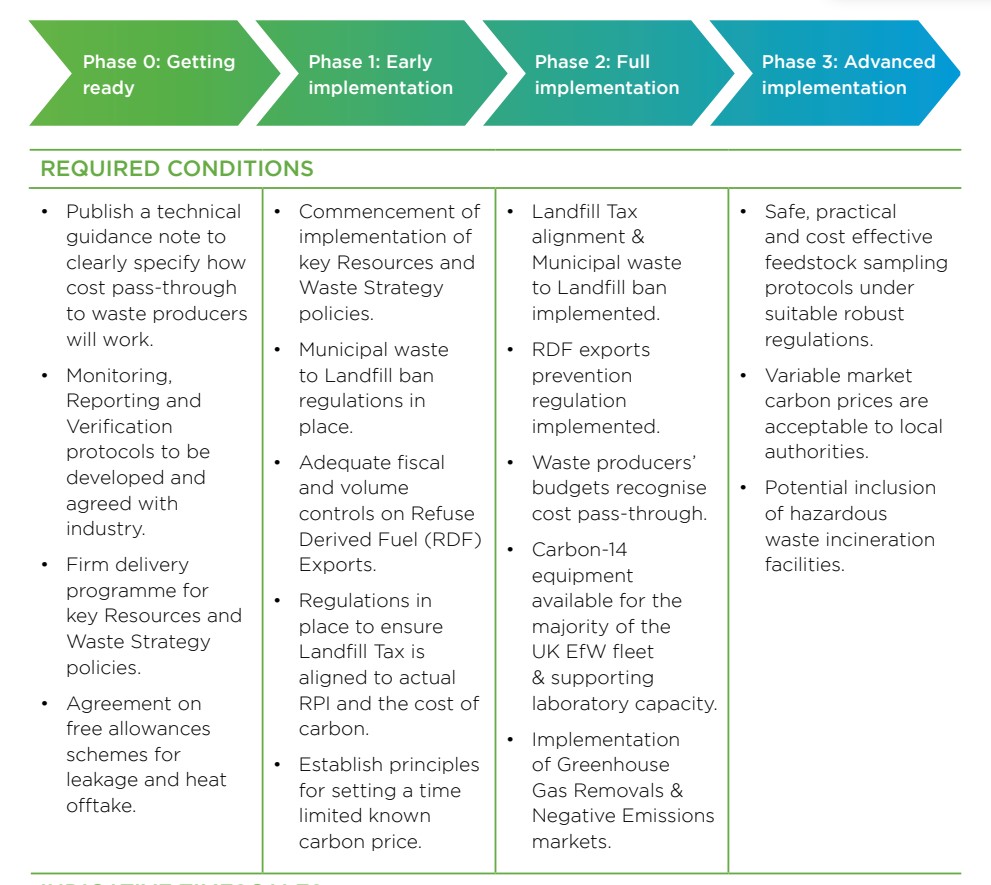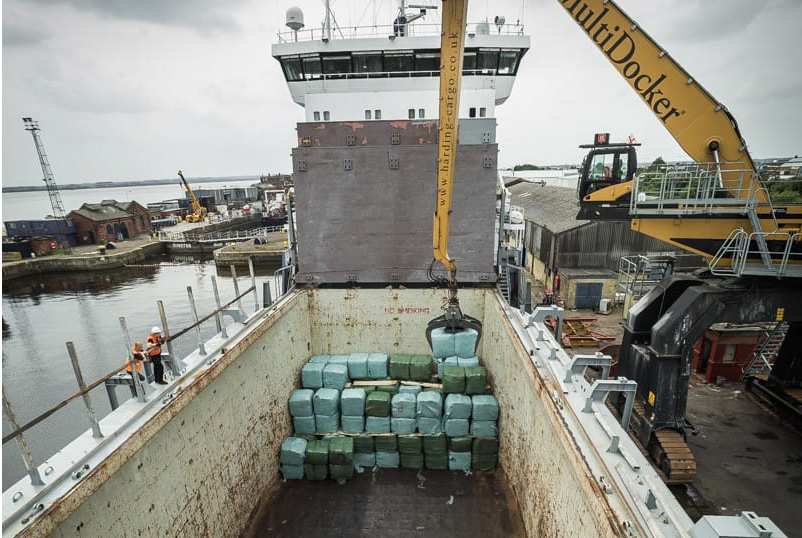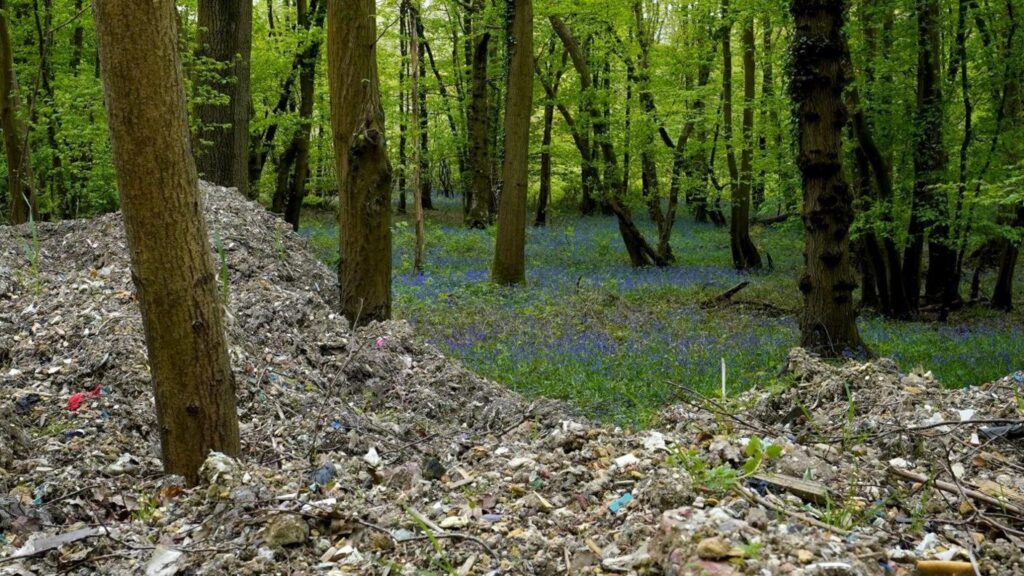This, according to the association, is required to ensure the export of waste is not encouraged.
The call was made in a report entitled ‘a sustainable transition into the Emissions Trading Scheme’, published by the ESA earlier today (14 September). This set out the ESA’s strategy for the successful application of the ETS to waste incinerators, which could place a tax on each tonne of carbon emitted.
For limiting RDF exports, the report listed this as a ‘priority condition’ which needs to be in place before the extension is introduced.
The report stated: “The ESA believes the most appropriate mechanism for managing this leakage risk is a prevention of RDF export when sufficient UK capacity becomes operational. The existing Transfrontier Shipment of Waste regulations provide a potential mechanism to address this.
“Suitable fiscal measures on RDF Exports are required to ensure equivalent carbon costs are paid by exporters.”
Findings
Other findings from the report are that “the potential cost to local authorities is likely to exceed £700m per annum”.
The ESA said clarity is required on how the new burdens principle might apply to the application of ETS costs to local authority funding arrangements.
‘Upmost care’

The ESA, which represents the UK’s resource and waste management industry, said in the report that while it supports the expansion of the ETS to cover EfW plants, “it is essential this intervention is applied with the utmost care to avoid any perverse outcomes”.
Most notably, according to the ESA, if not implemented correctly, the extension could see waste moving down the waste hierarchy to landfill, or for treatment offshore.
The strategy document, sets out five priority areas for success. These priority areas include developing a deliverable timetable; avoiding unintended consequences; developing clear and practical implementation mechanisms; ensuring sustainable economic impacts and incentivising investment in both recycling and carbon capture infrastructure.
Charlotte Rule, energy and climate change policy advisor, at the ESA, said: “Carbon pricing can provide a powerful incentive for net zero investment and support delivery against ambitious recycling targets but it is essential this intervention is applied with the utmost care to avoid any perverse outcomes – most importantly to prevent waste moving down the waste hierarchy to landfill.
“The reforms also need to complement the implementation of key packaging and recycling policies to drive up recycling rates.”
Priority conditions
Other priority conditions which must be introduced prior to the ETS expansion, according to the ESA, are
- Effective regulation and enforcement of waste crime
- Deliver the key Resource & Waste Strategy policies to increase recycling
- Implement policies to protect against landfill leakage (a landfill ban)
Phased approach
The report added that a managed transition for ETS will “deliver the most effective results”. This includes developing a phased approach to implementation, based upon the key pre-conditions, which will ensure compliance, reduce unintended consequences, and increase investment in green circular technologies.

Support
While the ESA supports the inclusion of energy recovery in the ETS, “which will contribute to sectoral decarbonisation”, it explained that many across the recycling and waste management value chain have raised concerns about the potential for unintended consequences that could see waste material return to landfill, be exported elsewhere or fall into the hands of waste criminals.









Subscribe for free